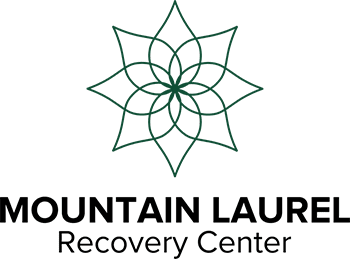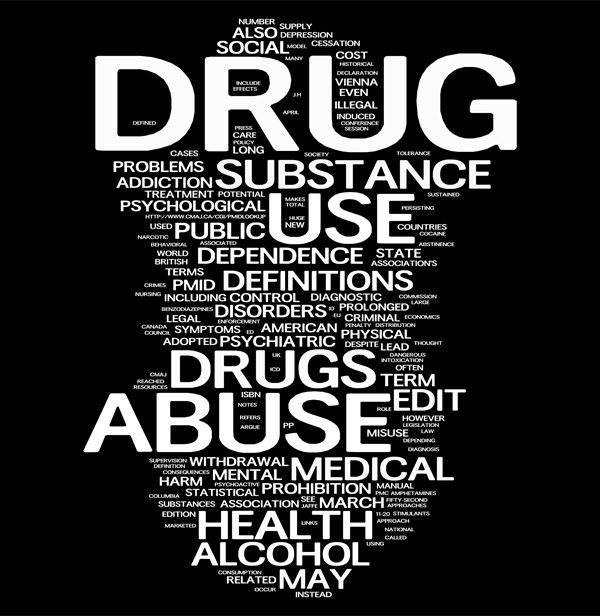People with addiction disorders are at a high risk for sexual dysfunctions, as both illicit and prescribed drugs affect a person’s sexual behavior and their ability to function.
There are five main types of sexual dysfunction disorders.
- Sexual Arousal Disorders
- The characteristics of sexual arousal disorders are lack of desire, lack of arousal, pain during intercourse, erectile dysfunction, and lack of orgasm.
- Sexual Desire Disorders
- Sexual desire disorders are characterized by decreased libido, or lack of desire for sex for a lengthy period of time.
- Sexual Pain Disorders
- Sexual pain disorder mostly affects women. The medical terms are dyspareunia (painful intercourse, mostly caused by vaginal dryness) and vaginismus (involuntary spasms of the vaginal wall that interferes with intercourse and causes pain).
- Orgasm Disorders
- Anorgasmia, the inability to have an orgasm, can have physical, pharmacological, or psychological origins.
- Erectile Dysfunction
- Erectile dysfunction is characterized by the inability to develop and/or maintain and erection.
Individuals who use drugs may think that drugs enhance their sexual experience, but in the long run, the opposite is true. Marijuana causes stimulation in certain receptors in the penis, which eventually can lead to erectile dysfunction. Loss of libido or sexual desire is experienced in women who are long-term, chronic marijuana users.
People often use alcohol as a precursor to having sex because it lowers inhibitions. It can give both men and women a false sense of confidence. But, when alcohol is used to excess, it causes sexual dysfunction and erectile dysfunction in men. In the past, cocaine has been used before sex, as it was commonly thought that to be an aphrodisiac. Recent studies show that cocaine causes a multitude of sexual problems, the most prominent being sexual arousal disorder. Chronic cocaine use can impair sexual function in men and women. In men, cocaine can cause delayed or impaired ejaculation. Both men and women experience problems with becoming sexually aroused or/and maintaining arousal.
- Heroin and opiate use is a known cause of sexual dysfunction. One of the symptoms of heroin and/or opiate abuse is anorgasmia; in men, opiates can cause premature or delayed ejaculation.
- Antidepressant medications are also known to cause erectile dysfunction in men.
Men are at higher risk for sexual dysfunction due to drug and/or alcohol abuse.
It may take one full year or longer after using has ceased to heal from sexual dysfunction, depending on the severity and length of time drugs were abused. The good news is that when individuals stop using the drugs or medications, more often than not, their sexual functioning is returned to normal. Men and women who face sexual dysfunction issues even after getting clean and sober can seek help from medical professionals, as this is a common problem with drug and alcohol abuse.
References:

